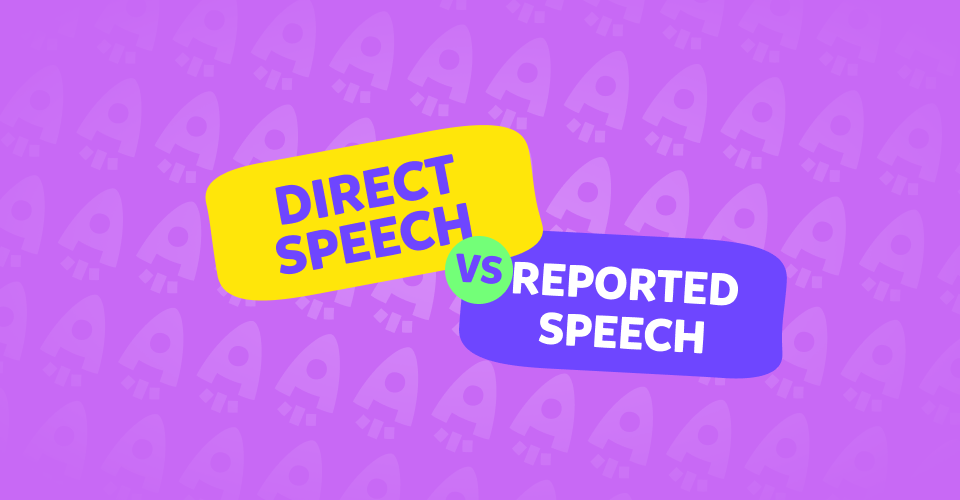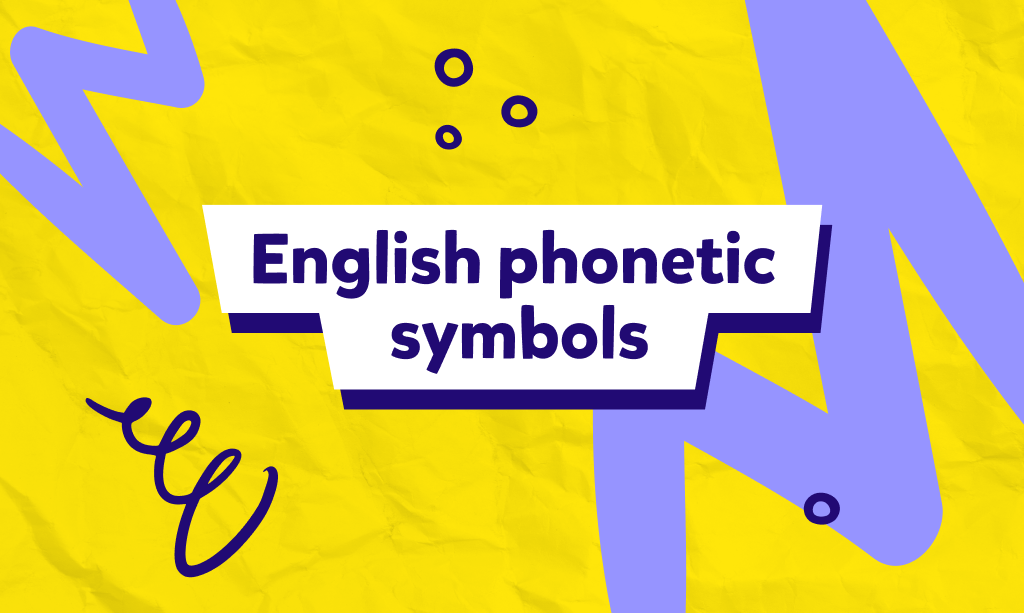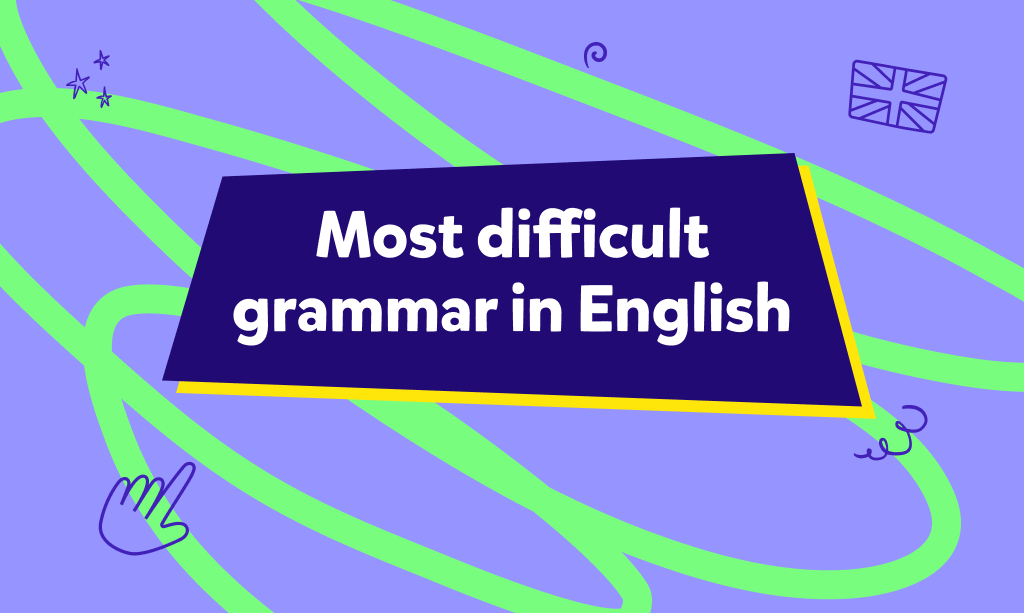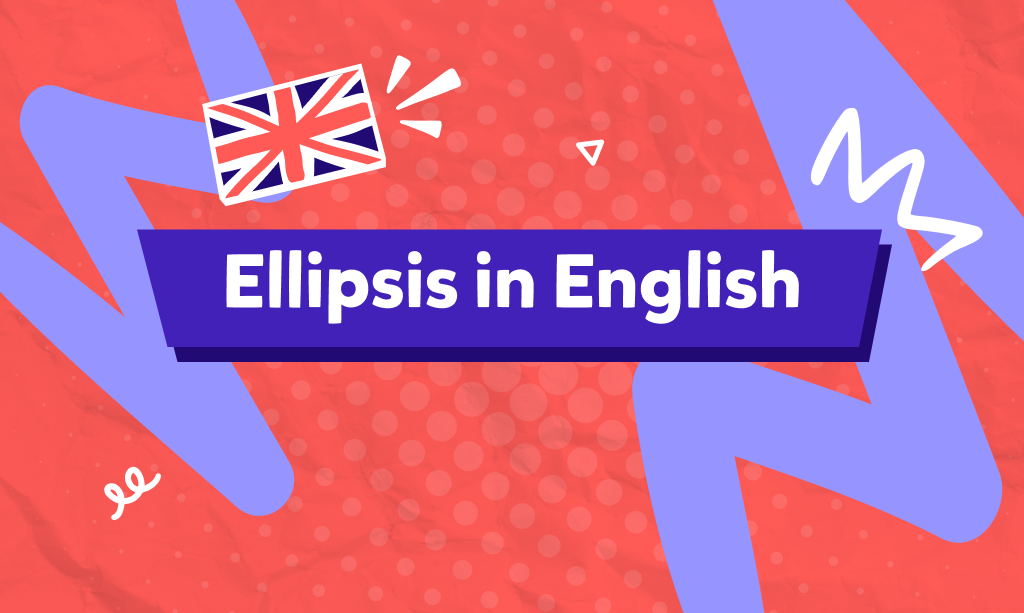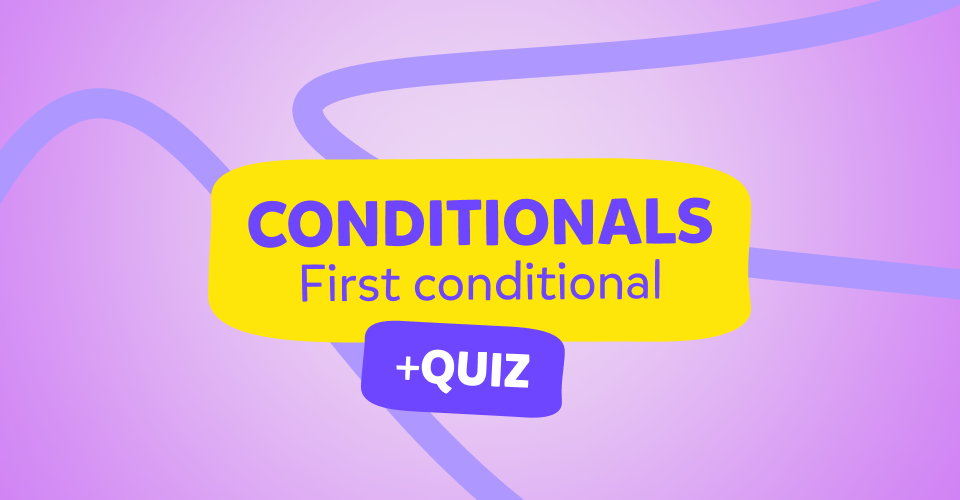ما هو الكلام المباشر والغير مباشر في اللغة الإنجليزية؟ Direct and Indirect Speech
- ما هو الكلام المباشر؟ Direct Speech
- نقاط يجب مراعاتها في الكلام المباشر Direct Speech
- ما هو الكلام غير المباشر (Reported Speech)؟
- نقاط يجب مراعاتها في الكلام غير المباشر (Indirect Speech)
- أمثلة مقارنة بين الكلام المباشر والغير مباشر
- الأسئلة المتكررة حول الكلام المباشر والغير مباشر باللغة الإنجليزية
- اختبار حول الكلام المباشر وغير المباشر!
- تعرًفوا على نوفاكيد
في اللغة الإنجليزية، هناك نوعان من أساليب الكلام: الكلام المباشر “direct speech” والكلام غير المباشر “indirect speech”. الكلام المباشر هو نقل كلمات الشخص كما قالها بالضبط، بينما الكلام غير المباشر هو إعادة صياغة كلمات شخص ما من قبل شخص آخر.
لندرس موضوع الكلام المباشر وغير المباشر بمزيد من التفصيل ولنلقي نظرة على بعض الأمثلة لتعزيز الفهم!
ما هو الكلام المباشر؟ Direct Speech
الكلام المباشر هو نقل ما يريد شخص ما قوله بالضبط، دون إضافة أي تفسير شخصي، حيث يتم تقديم كلمات الشخص بالضبط كما قالها.
مثال: .I am hungry.” she said” (“أنا جائعة.” قالت.)
مثال: “.He said, “I am going to the store (قال: “أنا ذاهب إلى المتجر.”)
نقاط يجب مراعاتها في الكلام المباشر Direct Speech
عند استخدام الكلام المباشر، هناك بعض النقاط المهمة التي يجب الانتباه إليها، دعونا نستعرضها.
علامات التنصيص
يجب أن تكون الجملة التي يتحدث فيها الشخص محاطة بعلامات تنصيص لإظهار أن الكلام نقل بشكل مباشر.
مثال: .I love chocolate.” she said” (قالت: “أنا أحب الشوكولاتة”، لقد سمعتها)
فعل الكلام
يجب أن يعكس الفعل المستخدم في الجملة كيف تحدث الشخص.
مثال: .I’m tired.” he sighed” (“أنا متعب.” تنهد.)
مثال: .I don’t understand.” she admitted” (“لا أفهم.” اعترفت.)
الروابط وعلامات الترقيم
استخدام الروابط وعلامات الترقيم في الكلام المباشر ضروري لتوضيح من قال الجملة بشكل أكثر دقة.
مثال: “.I can’t wait. ”she said excitedly (“لا أستطيع الانتظار.” قالت بحماس.)
مثال: “Please, be quiet,” he begged, “I’m trying to concentrate” (“من فضلك، اصمت،” التمس، “أحاول التركيز.”)
الضمائر
يجب استخدام الضمائر المناسبة لتوضيح من قام بالكلام الأصلي.
مثال: .I will help you.” he said to Mary” (أنا سأساعدك، قالت لماري)
ما هو الكلام غير المباشر (Reported Speech)؟
الكلام غير المباشر هو عندما يتم نقل كلمات شخص من قبل شخص آخر، حيث يتم تغيير صيغة الكلام الأصلي في السرد.
في هذه الحالة، يتم الحفاظ على معنى الرسالة الأصلية لكن يمكن تغيير هيكل الجملة. كما أن الأزمنة المستخدمة في الكلام غير المباشر تتغير، حيث نأخذ الزمن المستخدم في الكلام الأصلي خطوة إلى الوراء. دعونا نفحص ذلك من خلال بعض الأمثلة!
مثال: .She said that she was hungry (قالت إنها كانت جائعة.)
مثال: .He asked if I could pass him the salt (سأل إذا كنت أستطيع تمرير الملح له.)
نقاط يجب مراعاتها في الكلام غير المباشر (Indirect Speech)
بعد أن رأينا التفاصيل حول الكلام المباشر، ما هي النقاط التي يجب الانتباه إليها في الكلام غير المباشر؟ دعونا نتعلم!
تغيير الزمن
في الكلام غير المباشر، يتم تغيير الأزمنة المستخدمة بالنسبة للكلام الأصلي. المتحدث الذي ينقل الكلام يغير أزمنة الجمل التي ينقلها. فمثلاً، الزمن المستخدم في الكلام المباشر يُأخذ خطوة للخلف في الكلام غير المباشر.
على سبيل المثال، الجملة التي تستخدم “will” في الكلام المباشر تُترجم إلى “would” في الكلام غير المباشر. الزمن البسيط الماضي (simple past tense) يتحول إلى الماضي التام (past perfect) في الكلام غير المباشر.
مثال: .She said that she was studying for her exam (قالت إنها كانت تدرس لامتحانها.)
مثال: .She said that she would visit her parents the following weekend (قالت إنها ستزور والديها في نهاية الأسبوع المقبل.)
إذا نظرنا عبر الجدول التالي:
| الكلام المباشر | الكلام غير المباشر |
| الزمن الحاضر البسيط | الماضي البسيط |
| الزمن الحاضر المستمر | الماضي المستمر |
| الزمن المضارع التام | الماضي التام |
| الماضي البسيط | الماضي التام / الماضي البسيط |
| الماضي المستمر | الماضي المستمر / الماضي التام المستمر |
| المستقبل البسيط | كلمة Would |
تغيير الضمائر
في الكلام غير المباشر، قد تتغير الضمائر بناءً على سياق الكلام الأصلي. فكر في أحمد الذي قال: “.I love her” عند نقله، نقول: “.He said he loved her” حيث نغير الزمن ونستبدل ضمير “I” بـ “he” الذي يشير إلى أحمد.
مثال: .She said that John had called her (قالت إن جون كان قد اتصل بها.)
تغيير الدلالات الزمنية
في الكلام غير المباشر، تتغير الدلالات الزمنية بناءً على زمن الحدث المنقول. دعونا ننظر عبر الجدول:
| الكلام المباشر | الكلام غير المباشر |
| today | that day |
| now | then / at the moment |
| yesterday | the day before |
| … days ago | … days before |
| next year | the following year |
| tomorrow | the next day / the following day |
| here | there |
| this | that |
| these | those |
| ago | previously / before |
| tonight | that night |
مثال: “She said that she met him yesterday” → “She said that she had met him the previous day” (قالت إنها التقت به أمس. → قالت إنها كانت قد التقت به في اليوم السابق.)
أمثلة على جمل السؤال في الكلام غير المباشر Indirect speech:
في الكلام غير المباشر، يتم نقل جمل السؤال باستخدام العطفين “if” (إذا) أو “whether” (ما إذا كان)، أو بتعديل تركيب السؤال مباشرة. إذا كان السؤال يتعلق بنعم أو لا، نستخدم “if” أو “whether”. إذا كان السؤال يحتوي على كلمات استفهامية مثل “who”، “what”، “where”، “when”، “why”، “how”، نقوم بوضع الفعل في نهاية الجملة.
مثال: Where is the nearest grocery store? → She asked where the nearest grocery store was (سألت عن مكان أقرب متجر بقالة.)
مثال: Will you be attending the meeting tomorrow? → He asked if I would be attending the meeting the next day (سأل إذا كنت سأحضر الاجتماع في اليوم التالي.)
أمثلة مقارنة بين الكلام المباشر والغير مباشر
| الكلام المباشر | الكلام غير المباشر |
| .I’ve already seen that movie.” she mentioned” | .She mentioned that she had already seen that movie |
| .Could you open the window?” he asked politely” | .He politely asked if I could open the window |
| .We’re going to have pizza for dinner!” they exclaimed happily” | .They happily exclaimed that they were going to have pizza for dinner |
| .I’m sorry for being late.” he apologized” | .He apologized for being late |
| .We’ll finish the project by the end of the week.” she assured us” | .She assured us that they would finish the project by the end of the week |
| .Please, call me when you arrive.” he said” | .He said to call him when I arrived |
| .I love reading books!” she exclaimed” | .She exclaimed that she loved reading books |
| .Don’t forget to buy some milk.” he reminded her” | .He reminded her not to forget to buy some milk |
| .We are leaving for vacation tomorrow.” they announced” | .They announced that they were leaving for vacation the next day |
| .I am going to the market.” she said” | .She said that she was going to the market |
| .Could you pass me the salt?” he asked” | .He asked if I could pass him the salt |
| .We will meet you at the restaurant.” they told us” | .They told us that they would meet us at the restaurant |
| .I am studying for my exam.” she said” | .She said that she was studying for her exam |
| .I can help you with that.” he assured me” | .He assured me that he could help me with that |
| .Did you finish your homework?” she asked” | .She asked if I had finished my homework |
| .We won’t be able to attend the party.” they informed us” | .They informed us that they wouldn’t be able to attend the party |
| .I am going to visit my grandparents next weekend.” he explained” | .He explained that he was going to visit his grandparents the following weekend |
| .I have never been to Paris.” she said” | .She said that she had never been to Paris |
| .I will finish the report by tomorrow.” she promised” | .She promised that she would finish the report by the next day |
توضح هذه الجداول كيفية تحويل الجمل من الكلام المباشر إلى الكلام غير المباشر بطريقة مبسطة وواضحة.
الأسئلة المتكررة حول الكلام المباشر والغير مباشر باللغة الإنجليزية
إليكم بعض الأسئلة المتكررة وإجاباتها حول الكلام المباشر وغير المباشر!
- ما هو الكلام غير المباشر Indirect Speech؟
الكلام غير المباشر هو حين يتم نقل كلمات شخص بواسطة شخص آخر. يظهر هذا النوع من النقل عندما يتم تعديل محتوى كلمات الشخص المنقولة. في هذه الحالة، يتم الحفاظ على معنى الرسالة الأصلية ولكن قد تتغير بنية الجملة.
- ما هو الكلام المباشر Direct Speech؟
الكلام المباشر هو نقل ما يريد شخص قوله بشكل مباشر دون إضافة أي تعليق شخصي. يتم نقل ما قاله الشخص وكيف قاله بدقة تامة.
اختبار حول الكلام المباشر وغير المباشر!
لقد استعرضنا العديد من الأمثلة على الكلام المباشر وغير المباشر في اللغة الإنجليزية. دعونا الآن نقوم بحل بعض الأسئلة لاختبار أنفسنا.
تعرًفوا على نوفاكيد
تقدم نوفاكيد منهجية علمية قائمة على التفاعل واللعب المرح باستخدام أساليب تربوية تدمج الألعاب والأفلام وغيرها من الأساليب التي تطور مهارات الطفل في تعلم اللغة الإنجليزية كلغة ثانية. احصل على درسك المجاني الأول من نوفاكيد






























